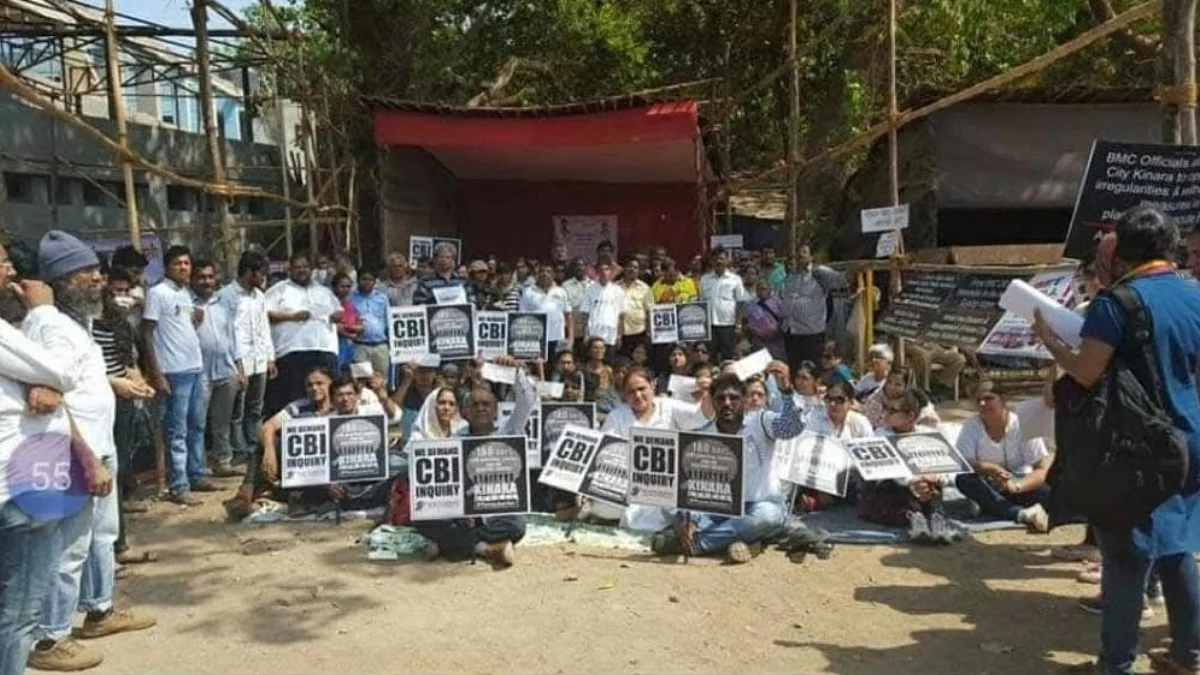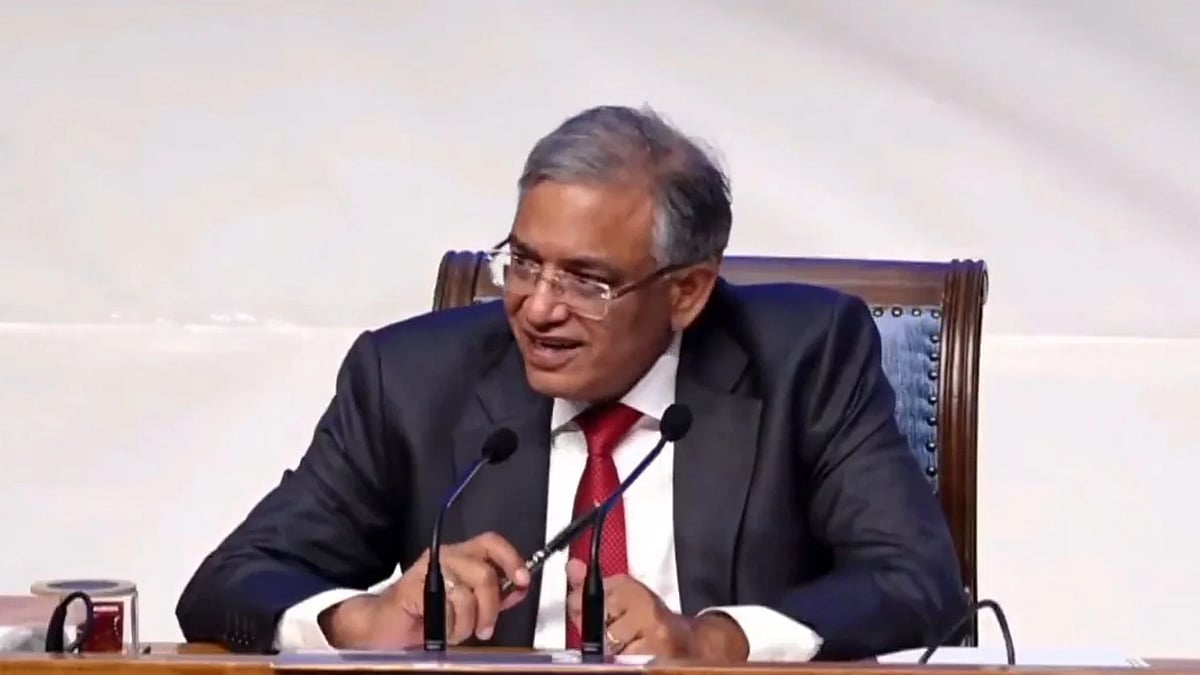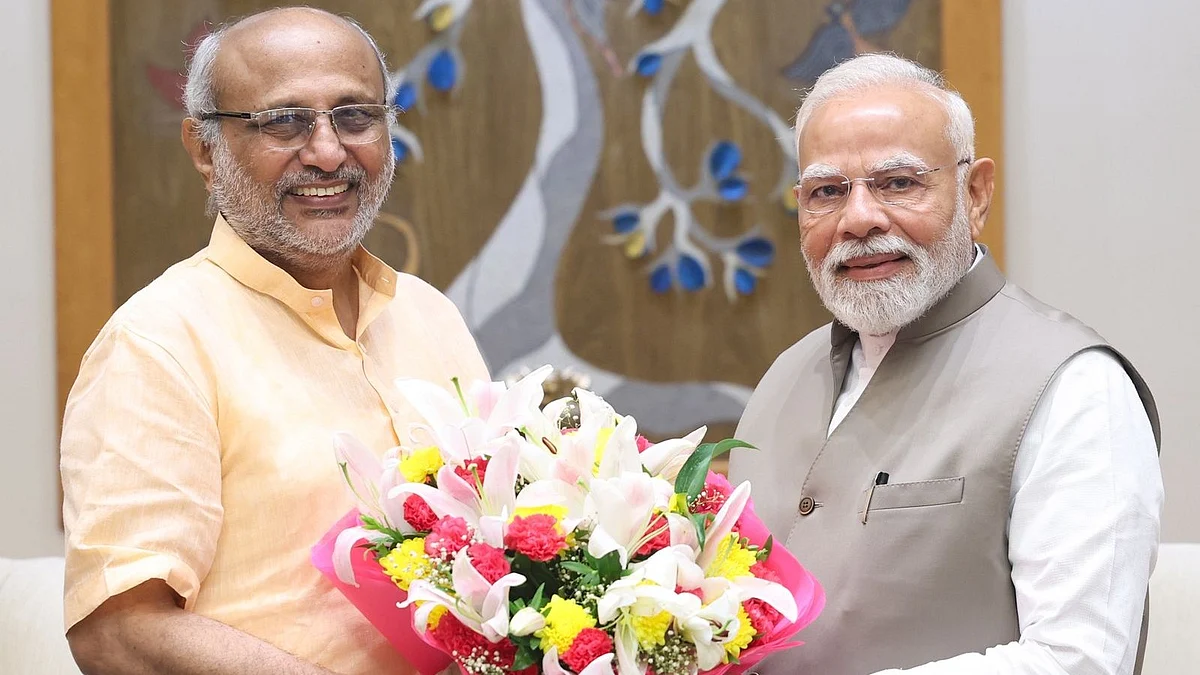Diversity — wherein people from all races, genders, sexual orientations and religions are treated equally — shines in various forms in workplaces. India, a vibrant and diverse country, is one that embraces the strength of its differences. As a result, the Diversity, Equity, and Inclusion (DEI) framework has gained significant traction in recent years.
One of India’s greatest assets is its youthful populace. With over 65% of the population below the age of 35, the nation possesses a significant pool of talent and energy. Recognising the quintessence of harnessing this potential, Indian organisations are increasingly embracing DEI principles to build a more inclusive society.
Government initiatives like Skill India and Start-up India are furthering the causes of economic inclusion. Several legal enactments like the Equal Remuneration Act of 1976 have also attempted at tackling the problem at the grass root level.
A touchstone for holistic development
However, there are many rhetorics posed: Can the DEI framework emerge as a touchstone to understand whether an organisation is operating holistically? Is the implementation of DEI mere lip service? In the legal sphere, could current DEI frameworks possibly act as harbingers of failed jurisprudence?
Beyond addressing statutory requirements, international organisations can formulate some benchmarks that can measure the efficacy of DEI frameworks, such as the stringency of anti-discriminatory policies to bring about positive changes. Besides, some of the benefits of DEI frameworks for workplaces include the following.
Enhanced productivity & innovation: Studies show that workplace diversity is directly proportional to the innovation among the employees in an organisation. When people are assured that their ideas are acknowledged, they are incentivised to come forward with their ideas, leading to great morale. After all, besides monetary benefits, one of the most novel criteria for job-seekers to apply for a job is workplace diversity.
Engaged talent pool: Many firms keep their recruitment process constant for years. Making the recruitment process wider for more diverse candidates — for instance, the LGBTQIA+ community — the talent pool widens, welcoming different kinds of people, chosen solely on their merit and capabilities, without discrimination.
However, nothing comes without its limitations, and the DEI framework is no exception.
Issues with integration: Due to inefficient diversity training programs, companies find it extremely tough in integrating a diverse set of employees into the workplace. Making employees feel valued is undoubtedly a mammoth task.
Issues with communication: Despite the best intentions, people can be easily misunderstood. Businesses that deal with international employees, for instance, would have communication issues with respect to language barriers and cultural disparities.
Resistance to change: Some organisations do not deviate from the ‘archaic’ form of running a business. In fact, there have been astonishingly high cases of discrimination at workplaces in the legal industry, which is the advocate for fairness and good conscience.
Social & dynamic cohesion – the way forward
The importance of DEI in India goes beyond social cohesion — it is closely tied to economic growth and innovation. Numerous studies have shown that pro-DEI organisations outperform their counterparts in terms of creativity, problem-solving, and financial performance. Moreover, an inclusive society enhances social harmony and reduces inequalities, thus bridging the gaps in educational opportunities, healthcare access, and economic empowerment, ensuring no outliers.
To build a robust DEI framework, a multi-stakeholder approach is desired. Policies that tackle diversity issues in workplaces and impose stringent punishments for non-compliers are necessary. Business leaders must be well-equipped to promote a respectful culture amongst colleagues and managers, by making respect and dignity non-negotiable.
Educational institutions play a pivotal role in shaping the future generations by fostering an inclusive environment in admission processes. Employers can implement fair hiring practices, offer equal growth opportunities, and establish diversity training programmes. Policymakers can enact regulations that address universal systemic barriers.
While positive developments are underway, there is still unfinished business. India’s DEI framework must continually evolve to meet the changing needs of its diverse and dynamic societies. The push for this endeavor requires ongoing commitment, collaboration and a willingness to challenge deep-rooted societal biases.
Truly, India’s younger demographics are more aware, empathetic, and socially conscious. They have the power to challenge societal norms and effect positive change. They have the bandwidth to challenge societal norms and aid policymakers and governments in the ever-evolving DEI paradigm. By nurturing their values of inclusion and equality, India can build a future where diversity is celebrated, equity is upheld, and all voices are heard.
The writer is a policy researcher and law student










